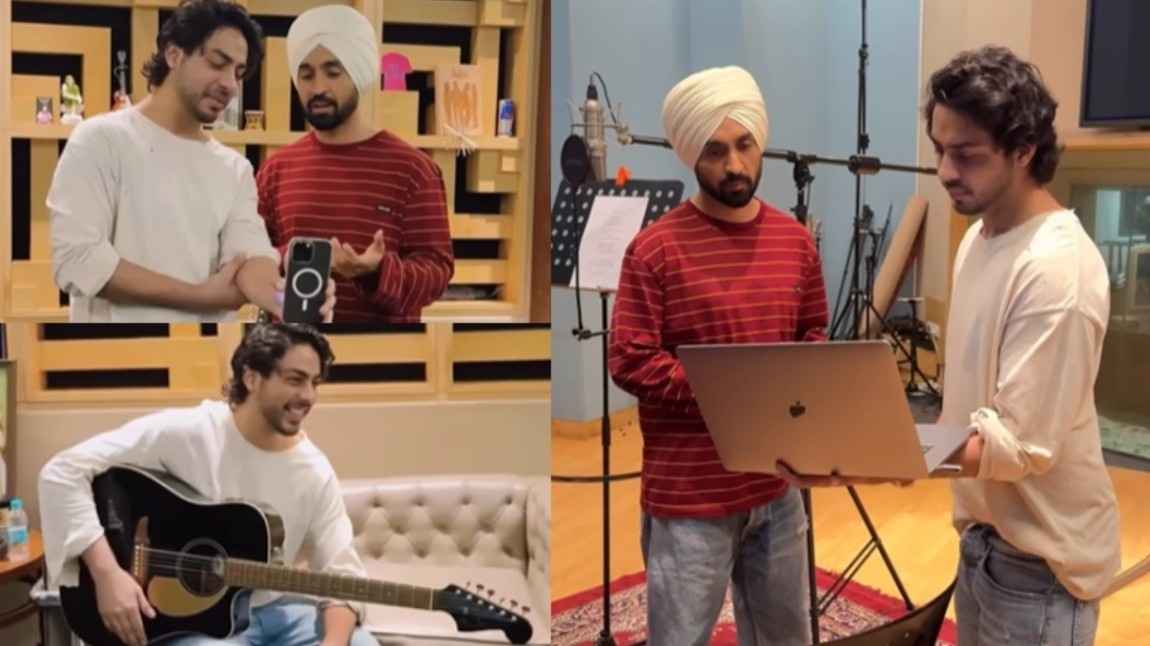Government tells Supreme Court that enforcing deadlines for Governors and the President to clear state bills undermines constitutional balance.
Centre Opposes Supreme Court’s Timeline Order
The Union Government has strongly objected to the Supreme Court’s April order, which prescribed strict timelines for constitutional heads to act on state bills.
- The SC had directed that the President decide within three months and Governors within one month on bills passed by legislatures.
- The Centre argued that such judicial directions would disturb the separation of powers and lead to “constitutional chaos.”
Government’s Key Arguments
Solicitor General Tushar Mehta, in his written submission, said:
- The Supreme Court cannot amend or override the Constitution, even under its extraordinary powers in Article 142.
- While delays in bill assent may cause issues, timelines cannot justify reducing Governors to subordinate offices.
- The offices of the President and Governors represent higher ideals of democratic governance, and any lapses must be addressed through political and constitutional remedies—not judicial orders.
Constitutional Powers of Governors
Under Article 200, a Governor may:
- Give assent to a bill passed by the legislature.
- Withhold or reserve it for the President’s consideration.
- Return it once for reconsideration, but must assent if the legislature passes it again.
A Governor may also reserve a bill for the President if it conflicts with the Constitution, directive principles, or has national significance.
Supreme Court’s April Order
In a Tamil Nadu case (April 12), the Supreme Court sought to regulate delays and imposed a timeline based on Ministry of Home Affairs guidelines:
- President: Must decide on reserved bills within three months.
- Governor: Must act within one month of receiving a bill.
This triggered pushback, with President Droupadi Murmu raising 14 constitutional questions under Article 143 and seeking clarity from the top court on the extent of powers under Articles 200 and 201.
Next Hearing in Presidential Reference Case
- A bench led by CJI BR Gavai has scheduled hearings on the matter.
- States and the Centre were asked to submit written replies by August 12.
- The case will decide the scope of the President’s and Governors’ roles in clearing state legislation.
Key Takeaways
- Centre says judicially enforced deadlines will upset constitutional balance.
- SC insists timelines are needed to prevent long delays in bill assent.
- President Murmu has formally sought the court’s opinion, marking a rare Presidential Reference.
- Outcome of the case could reshape Centre-State relations and the powers of constitutional heads.
As the Supreme Court prepares to hear the Presidential Reference, the clash between judicial timelines and constitutional autonomy has set the stage for a landmark verdict. The outcome will not only define the powers of the President and Governors but could also reshape the delicate balance of India’s democratic framework.



